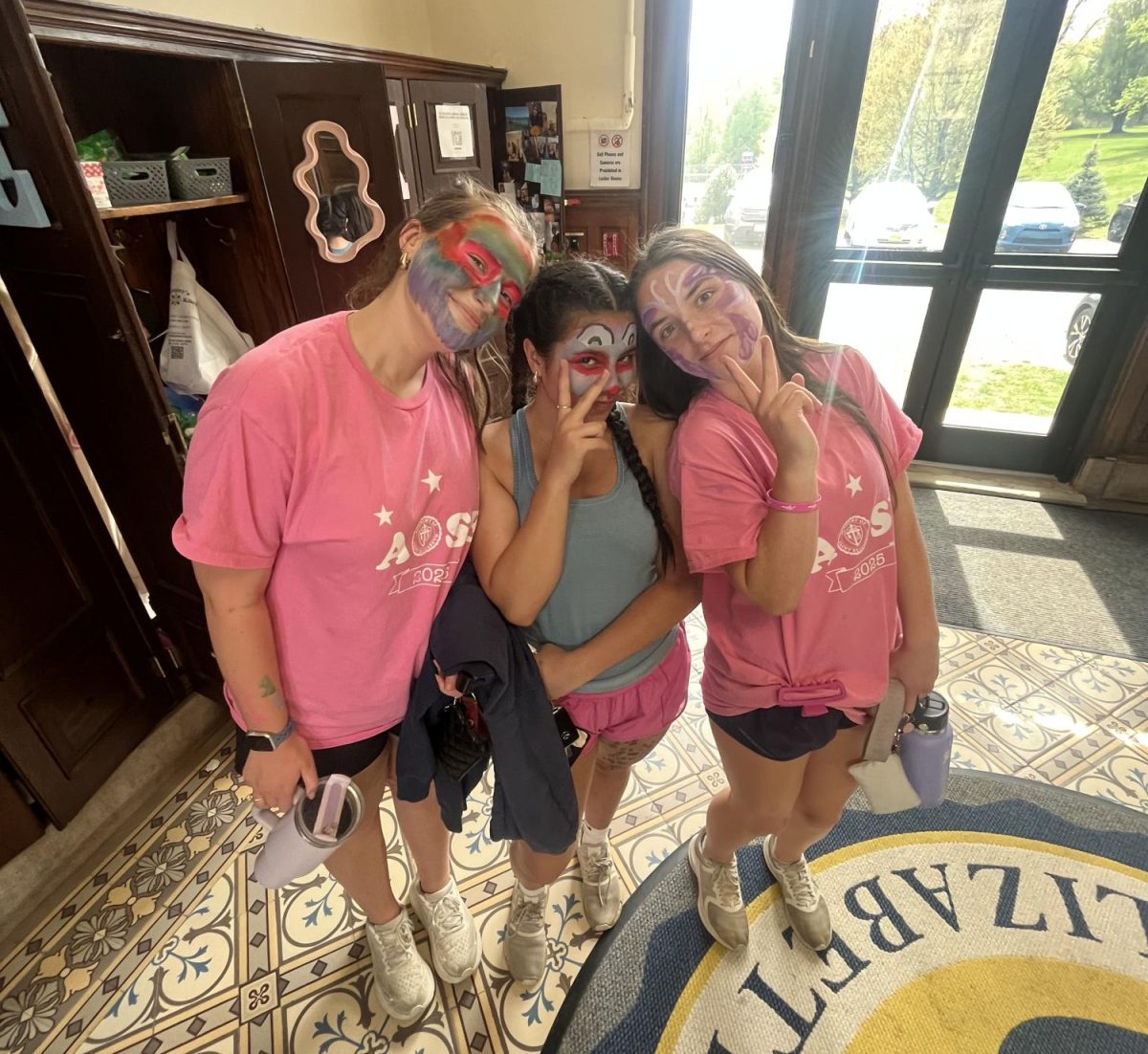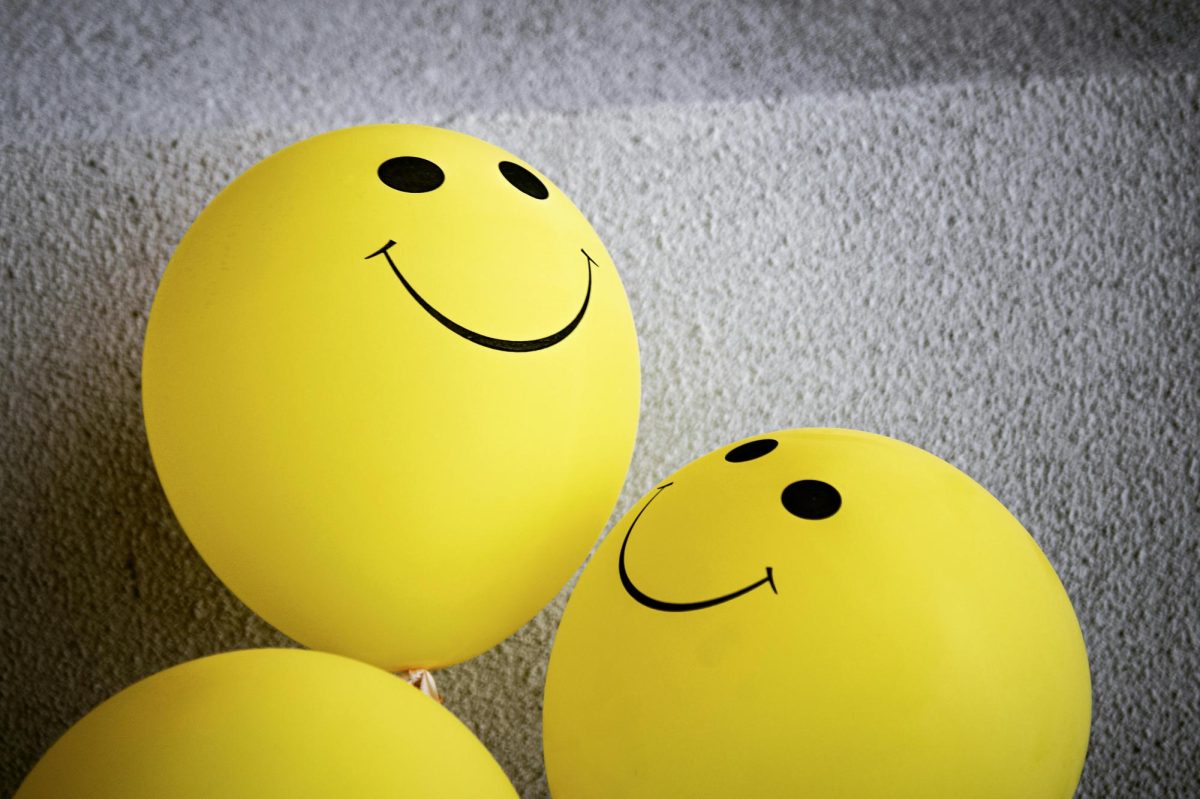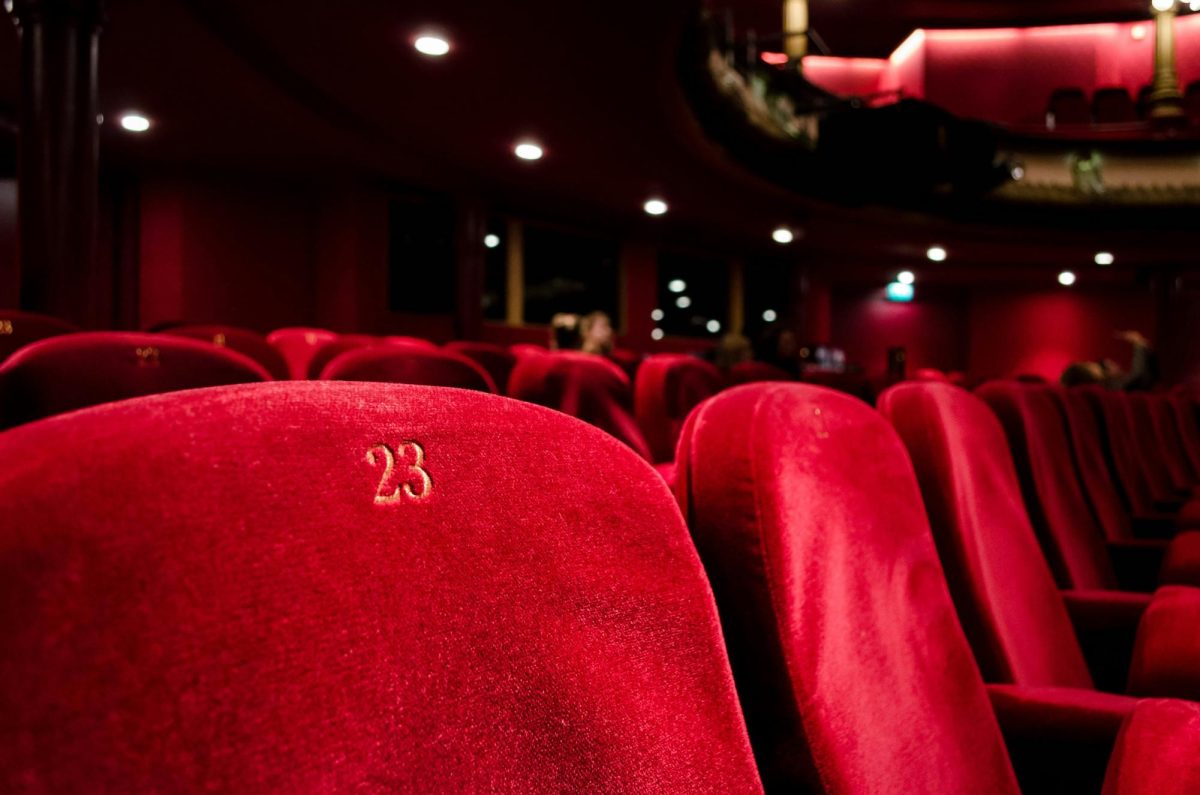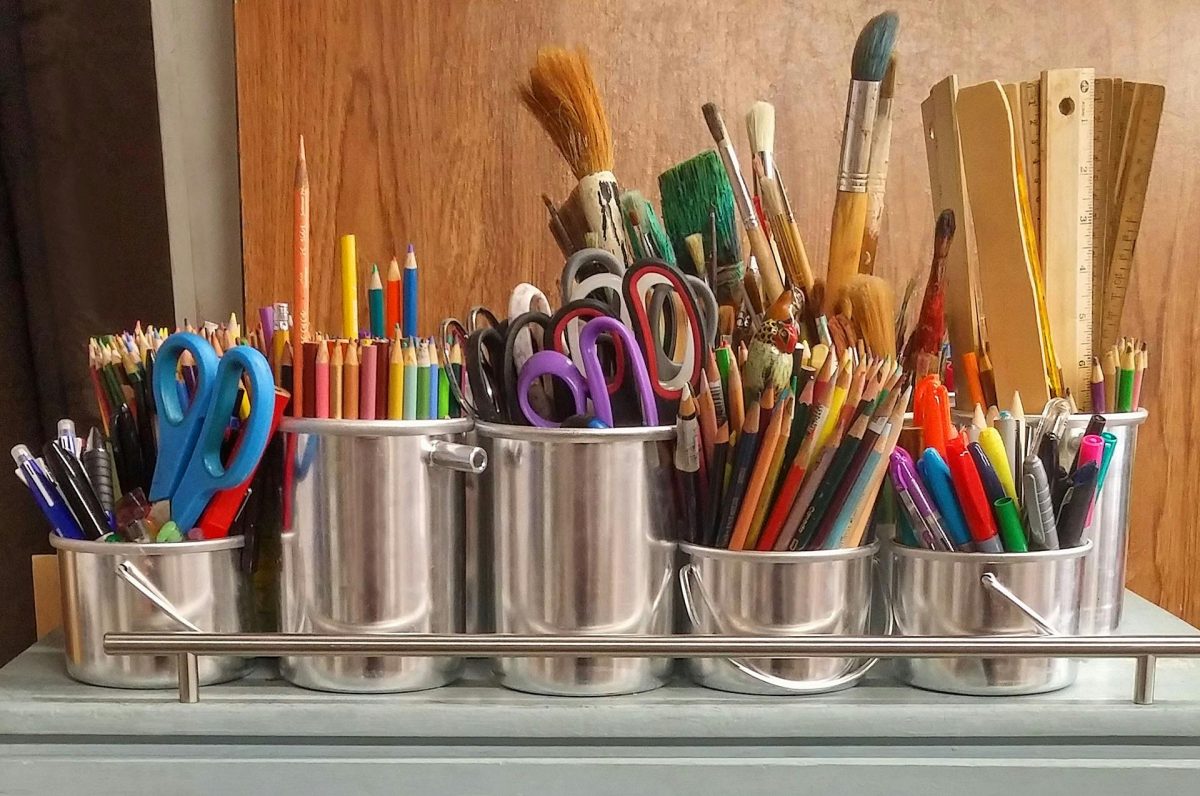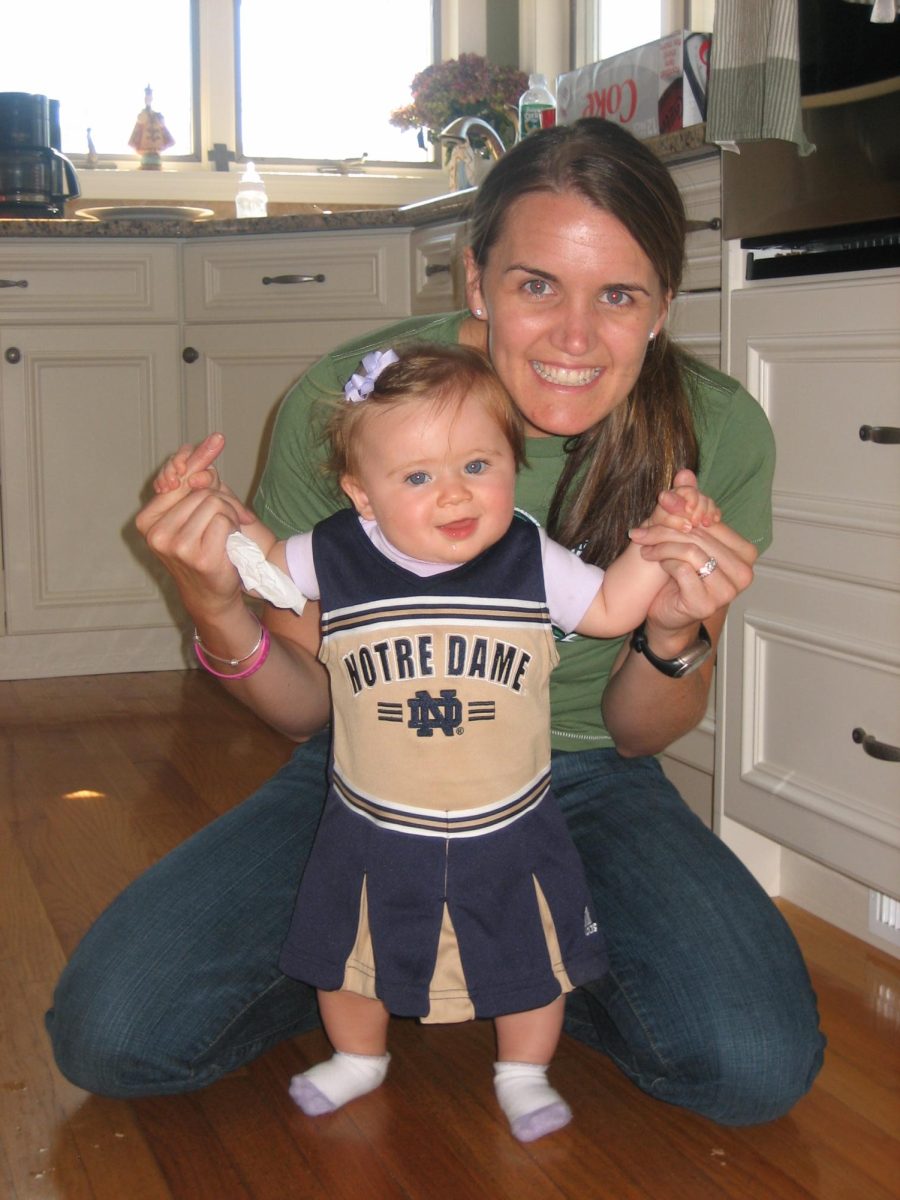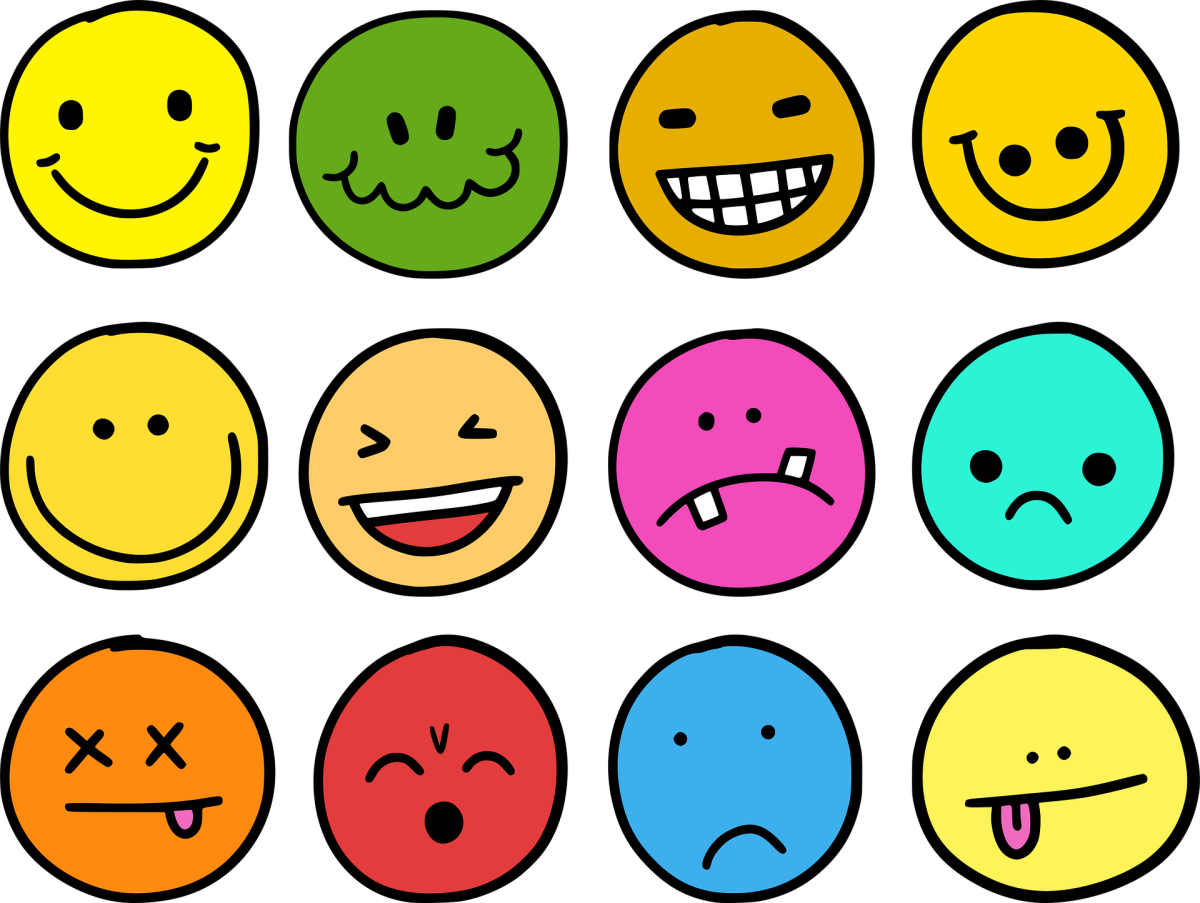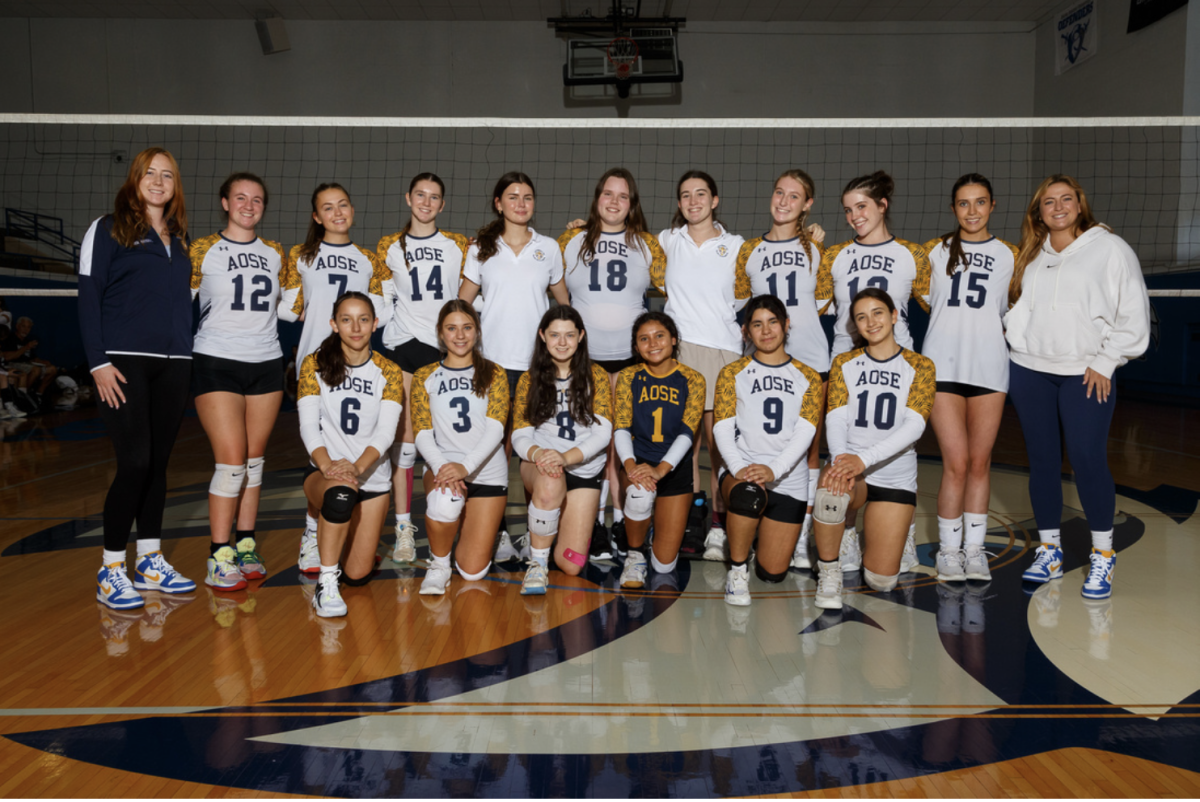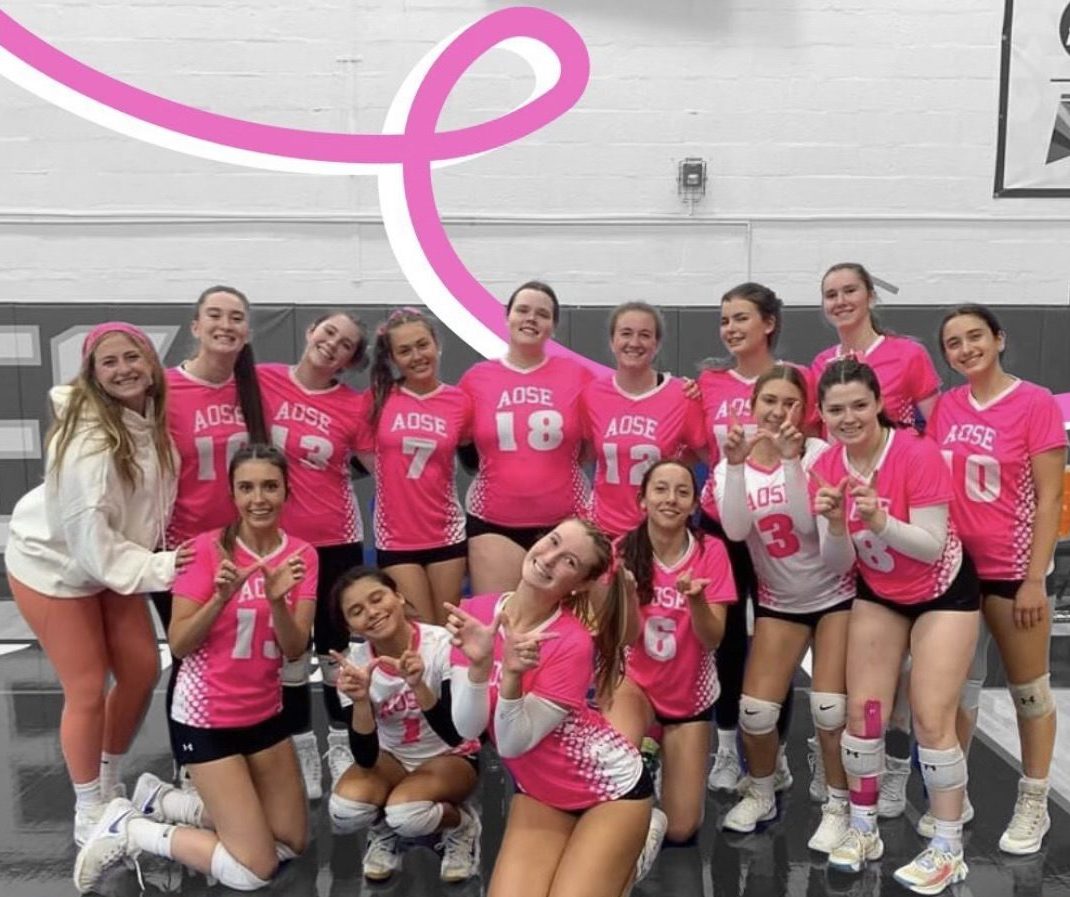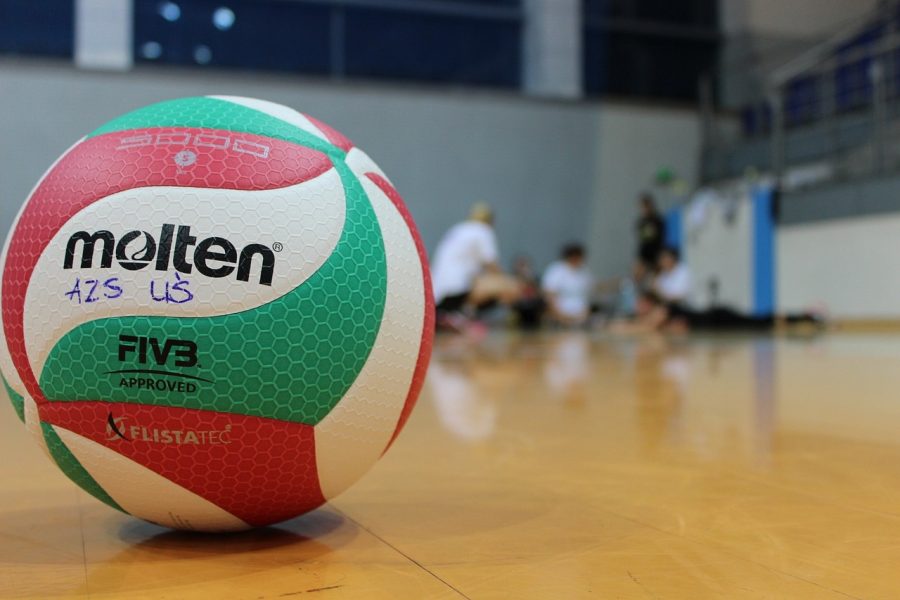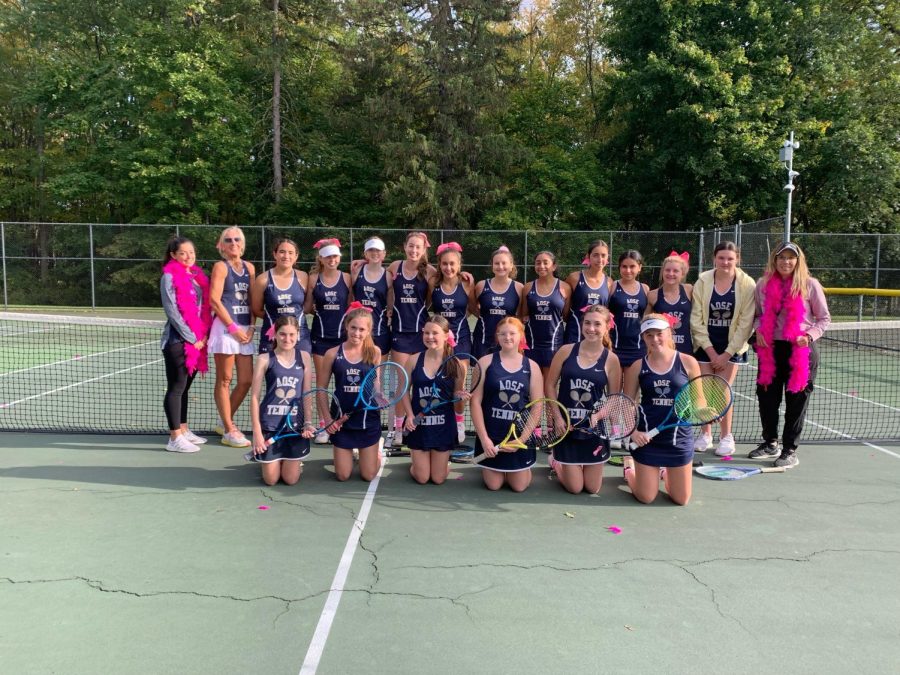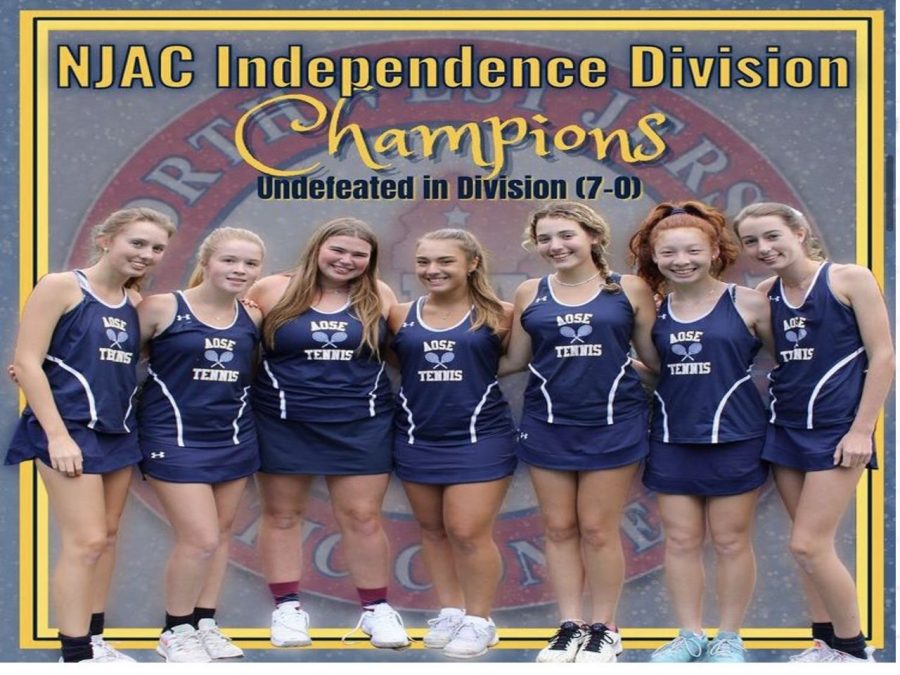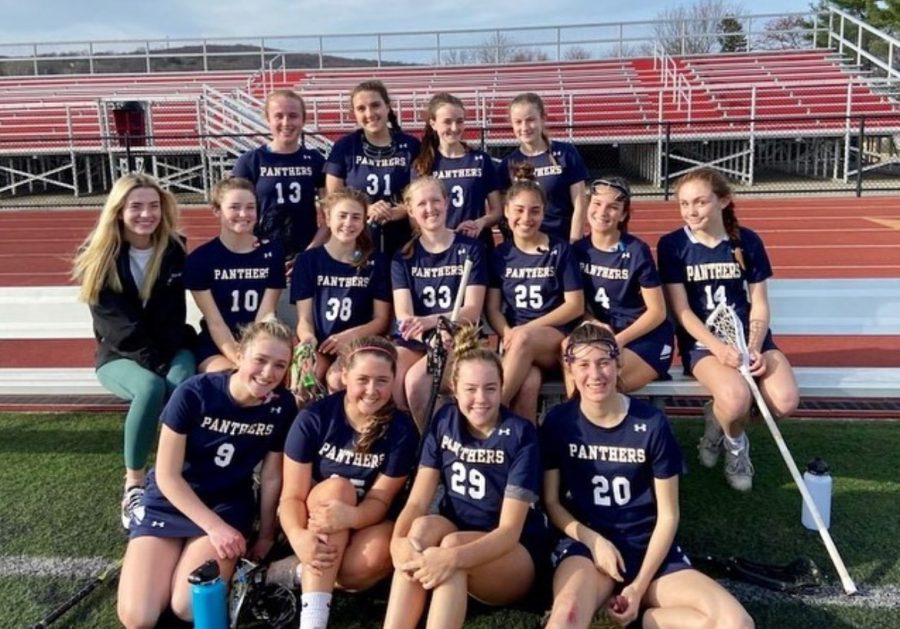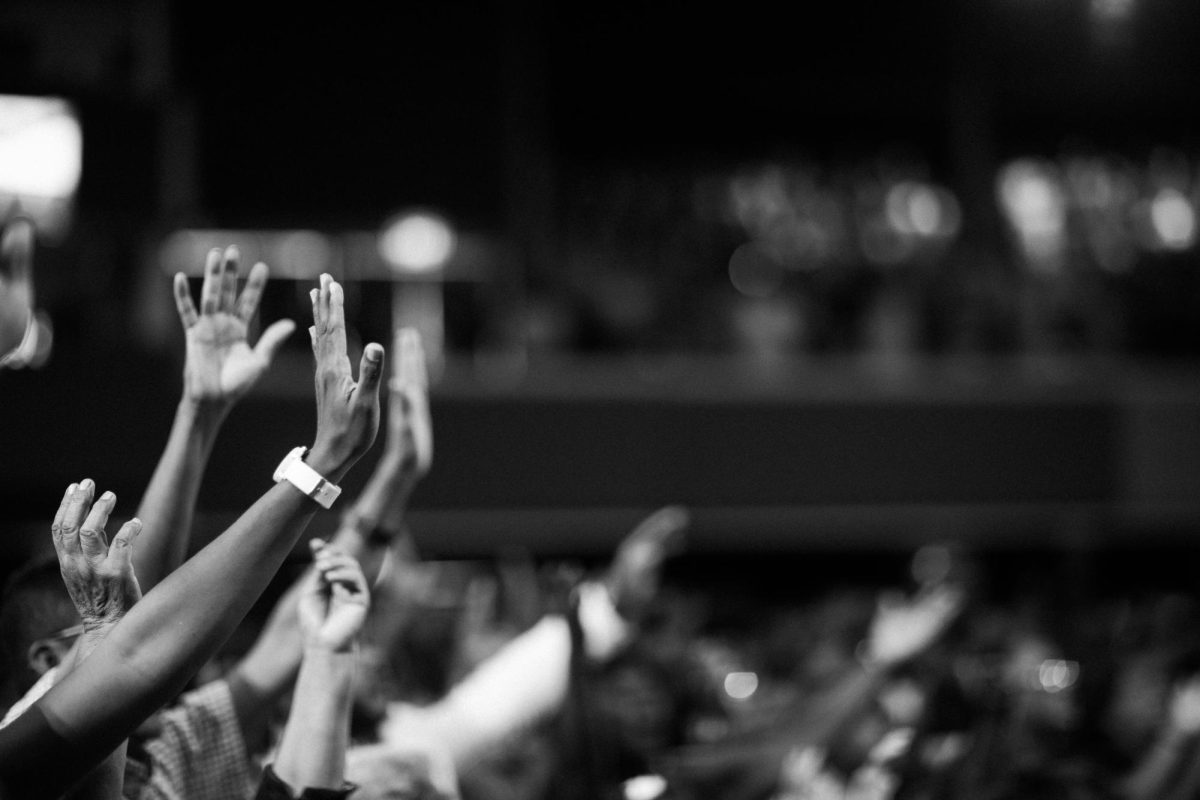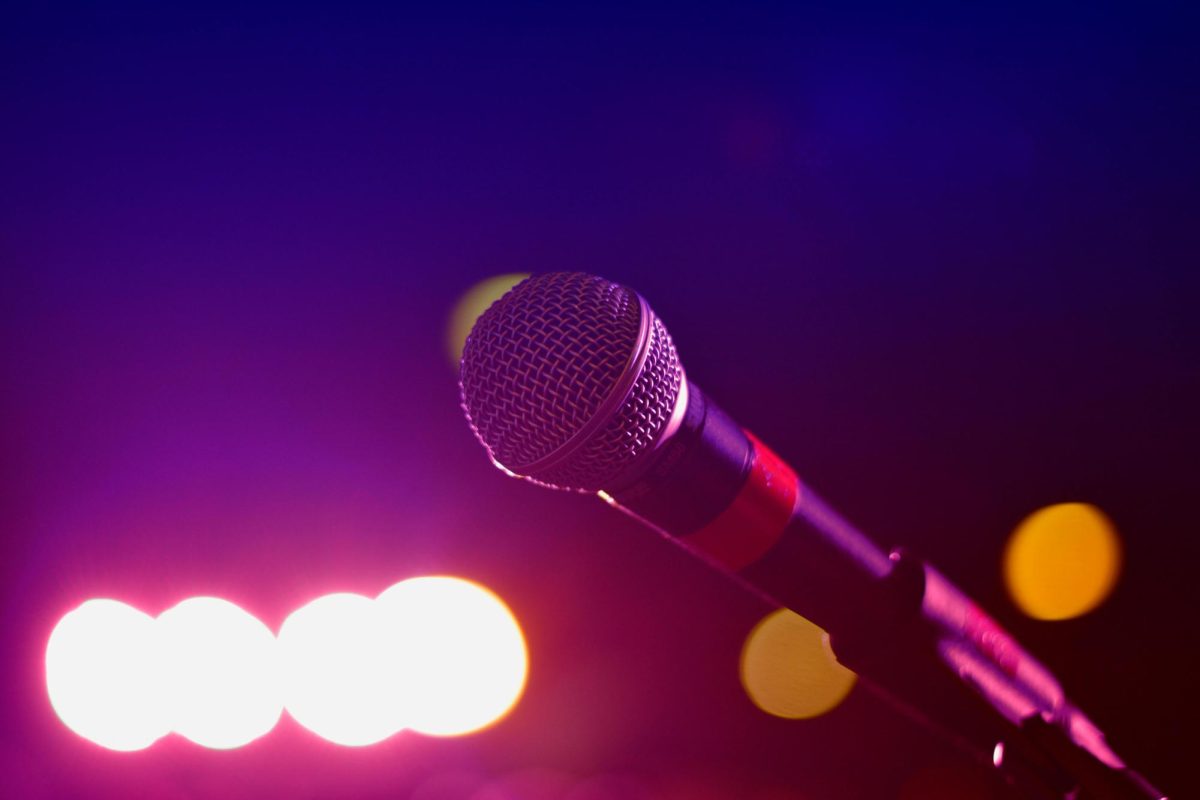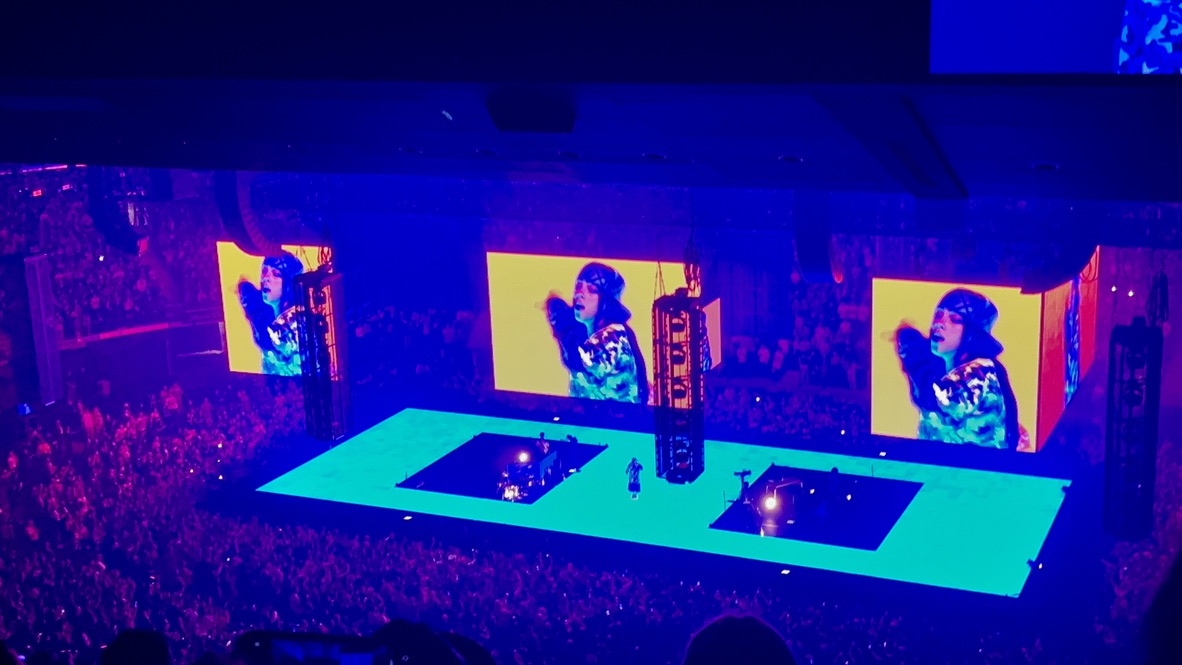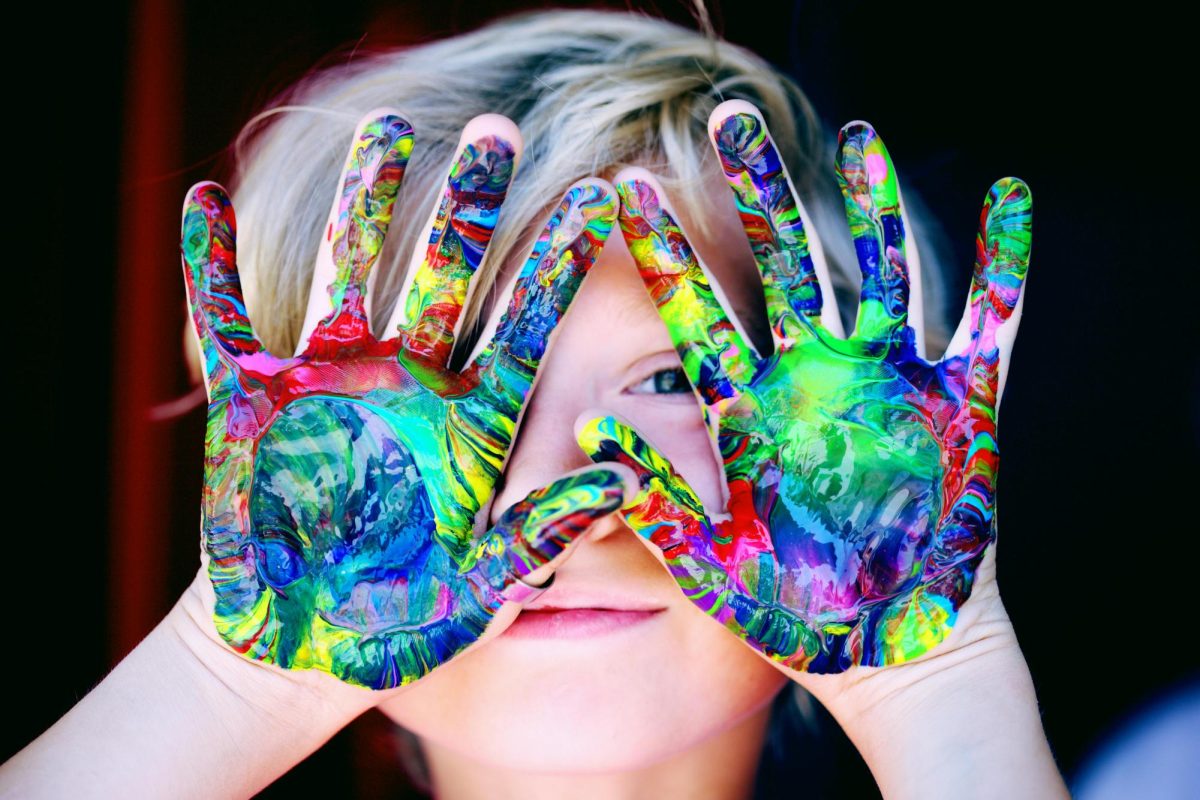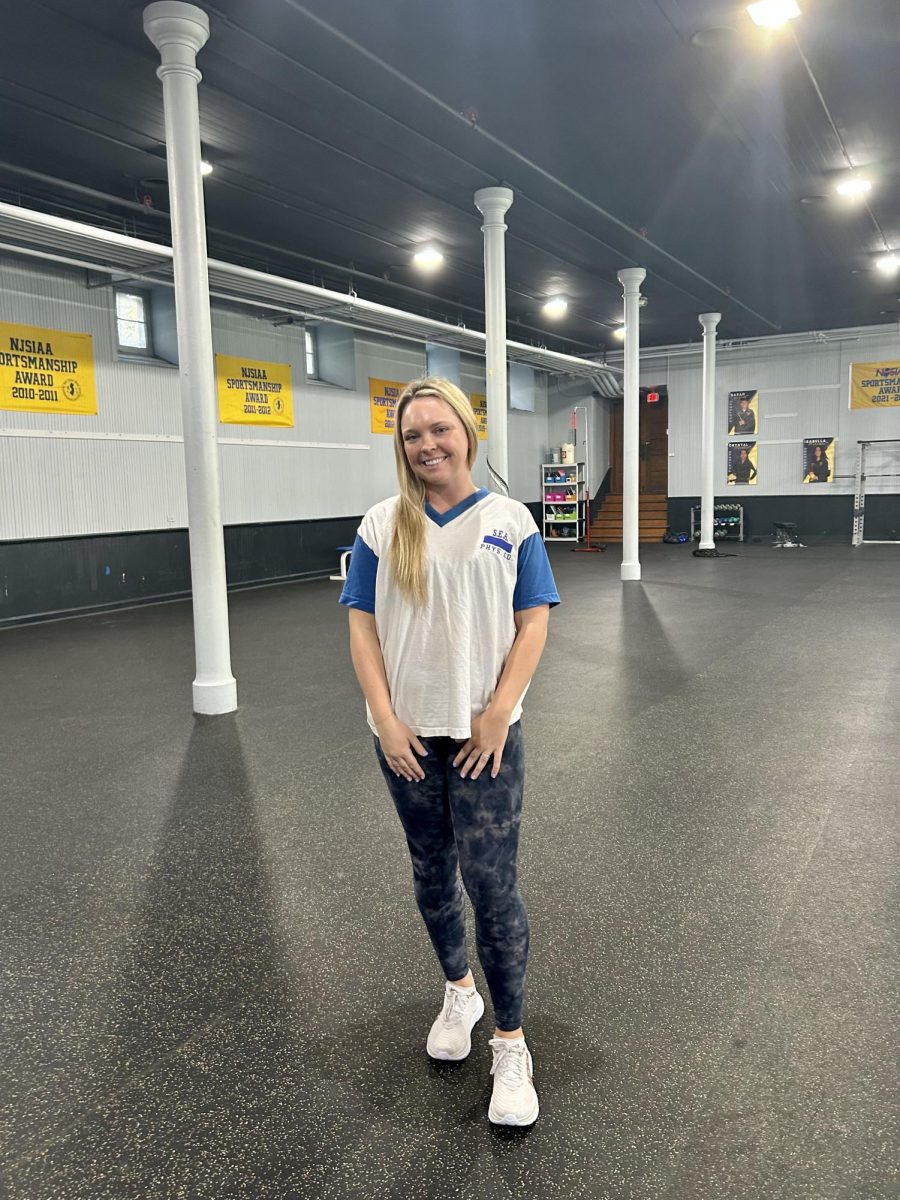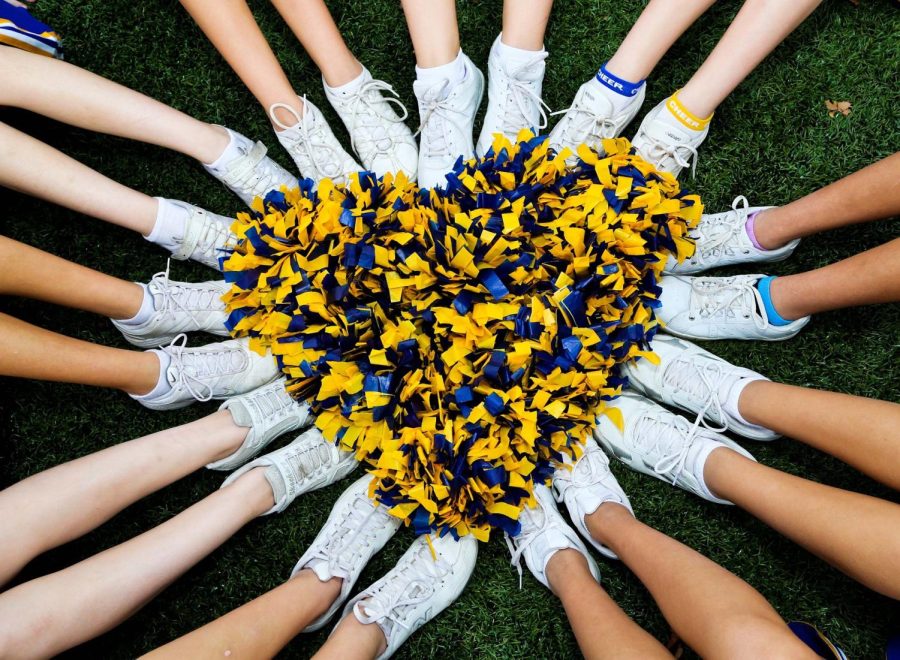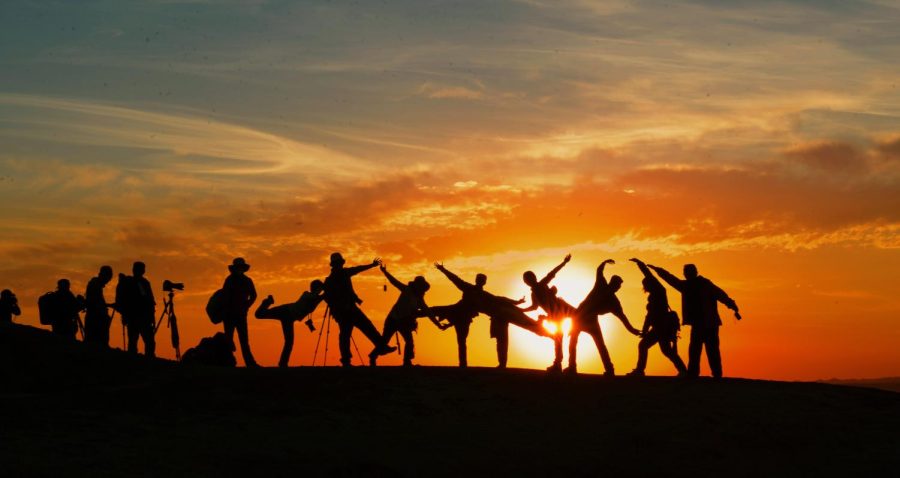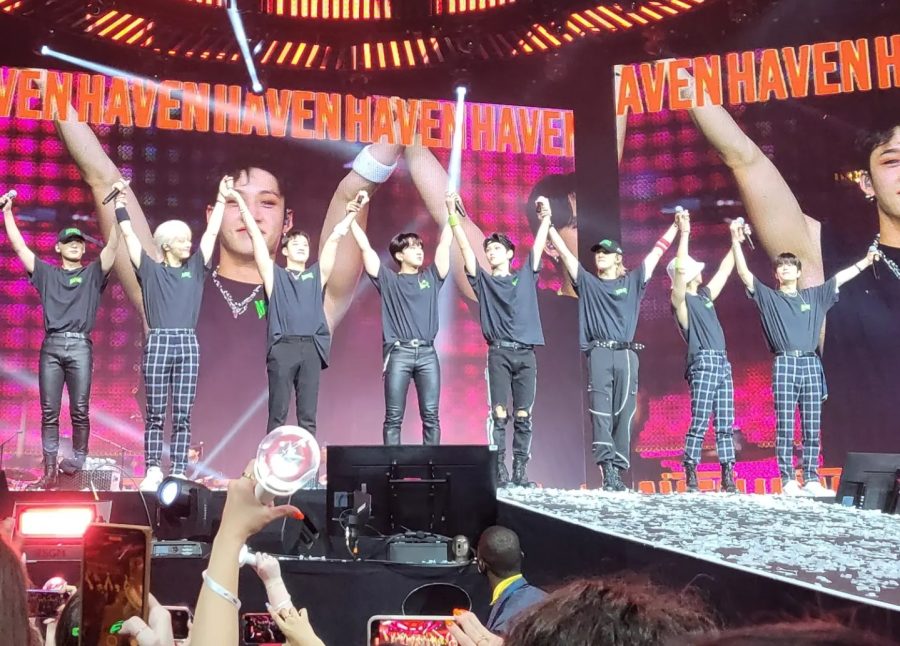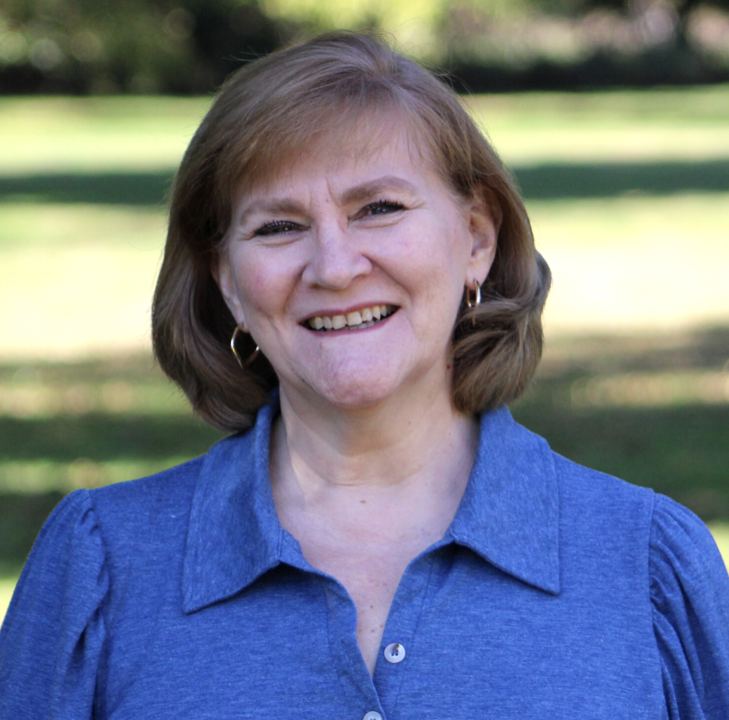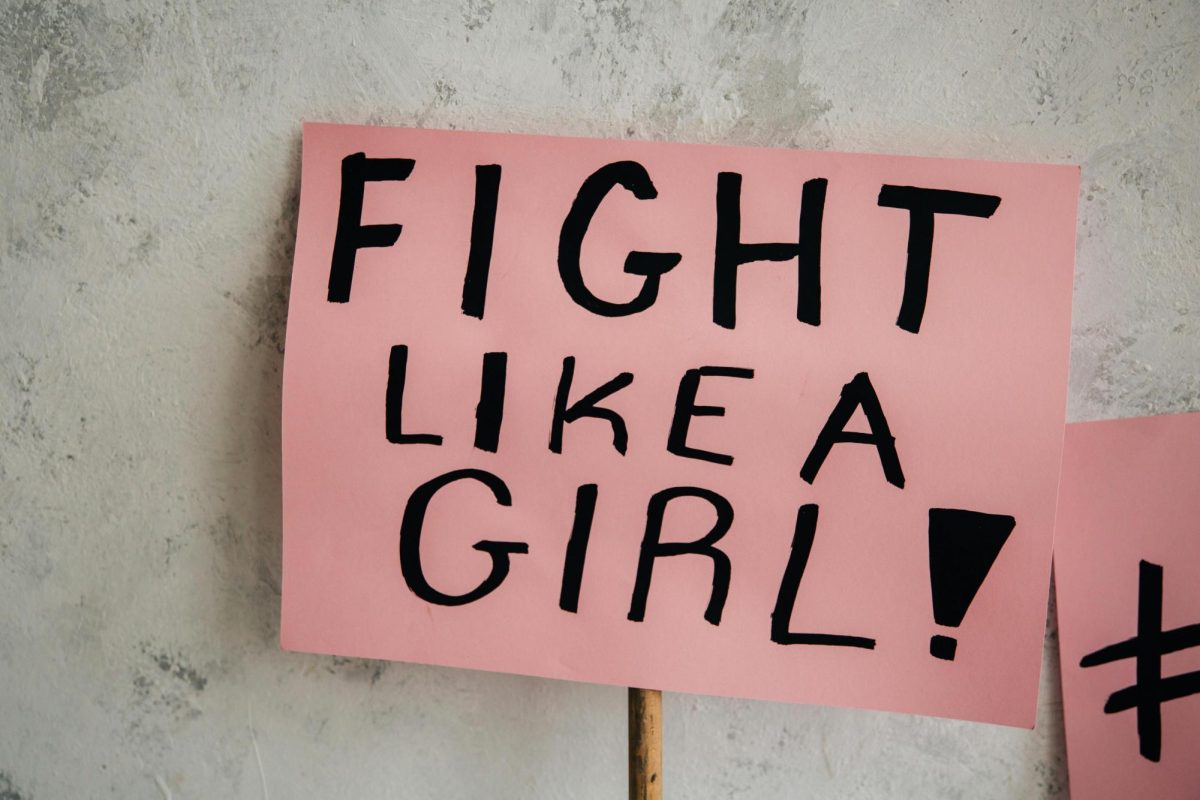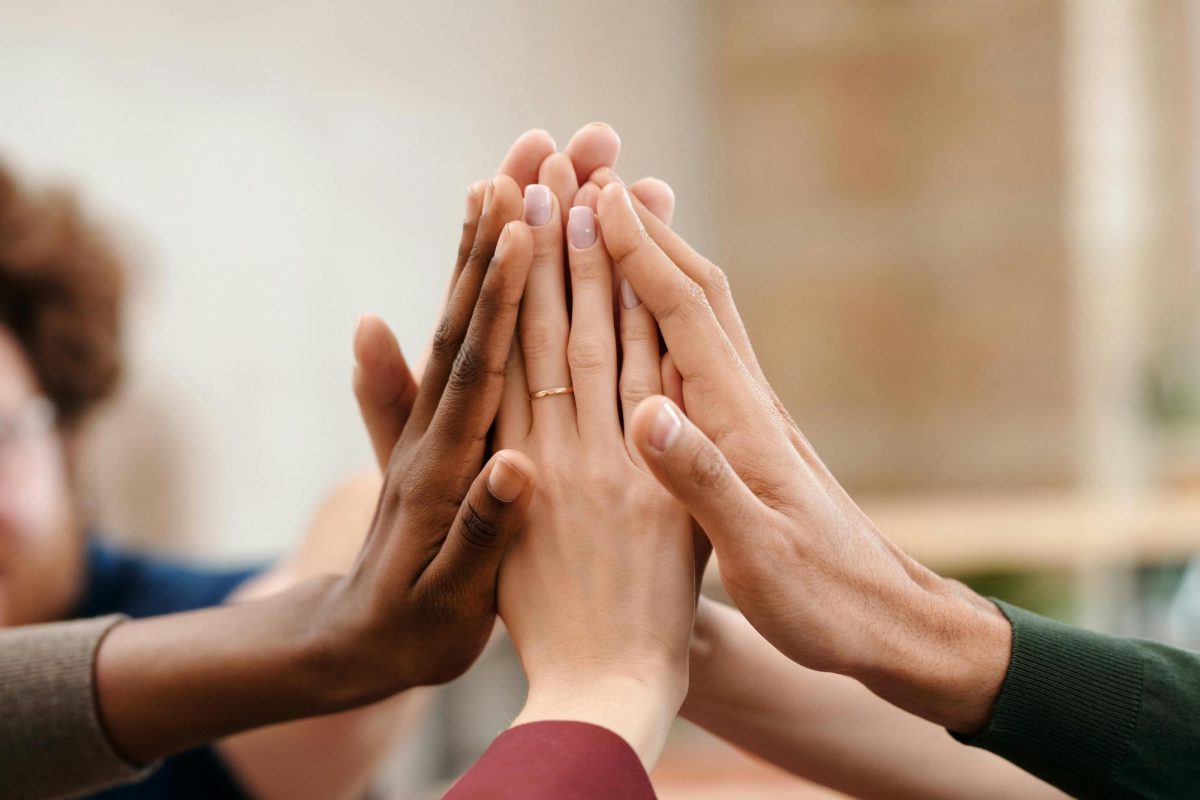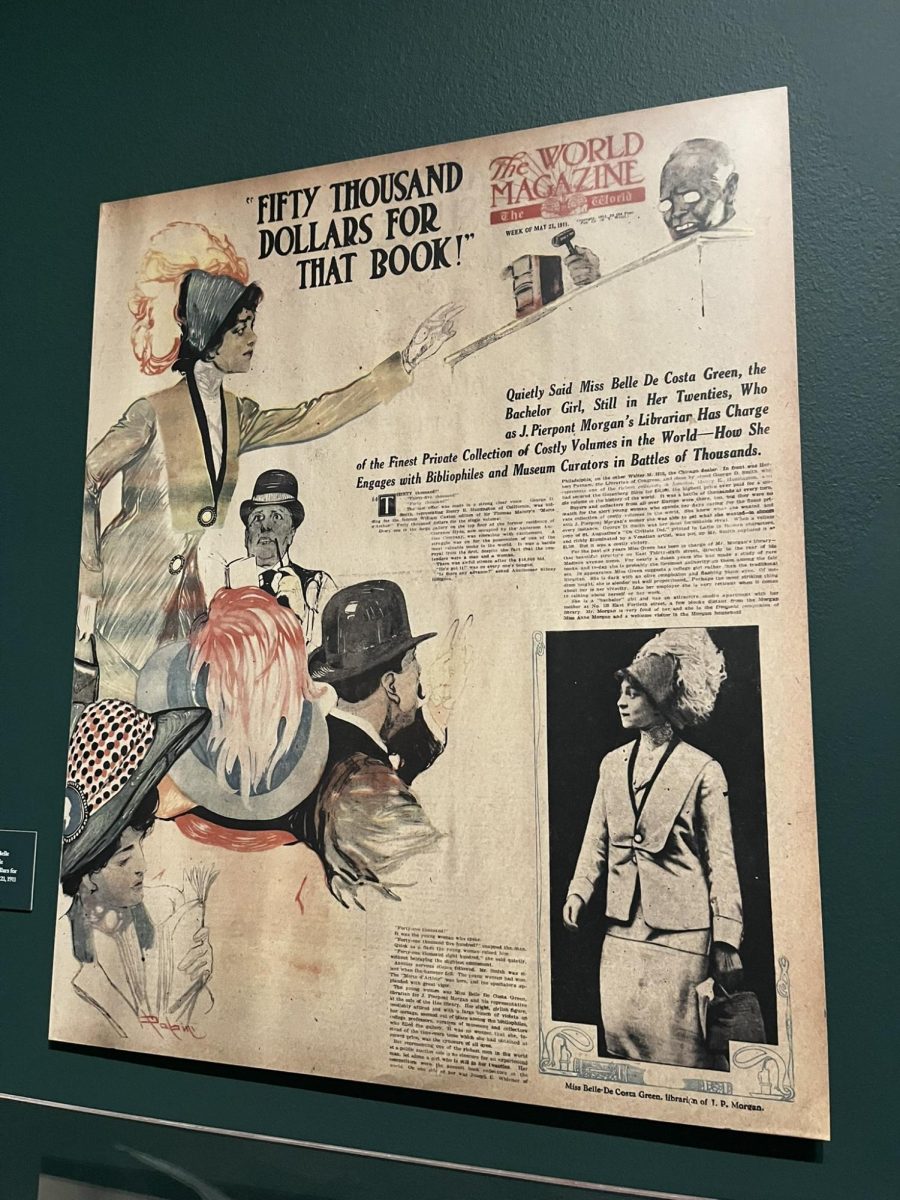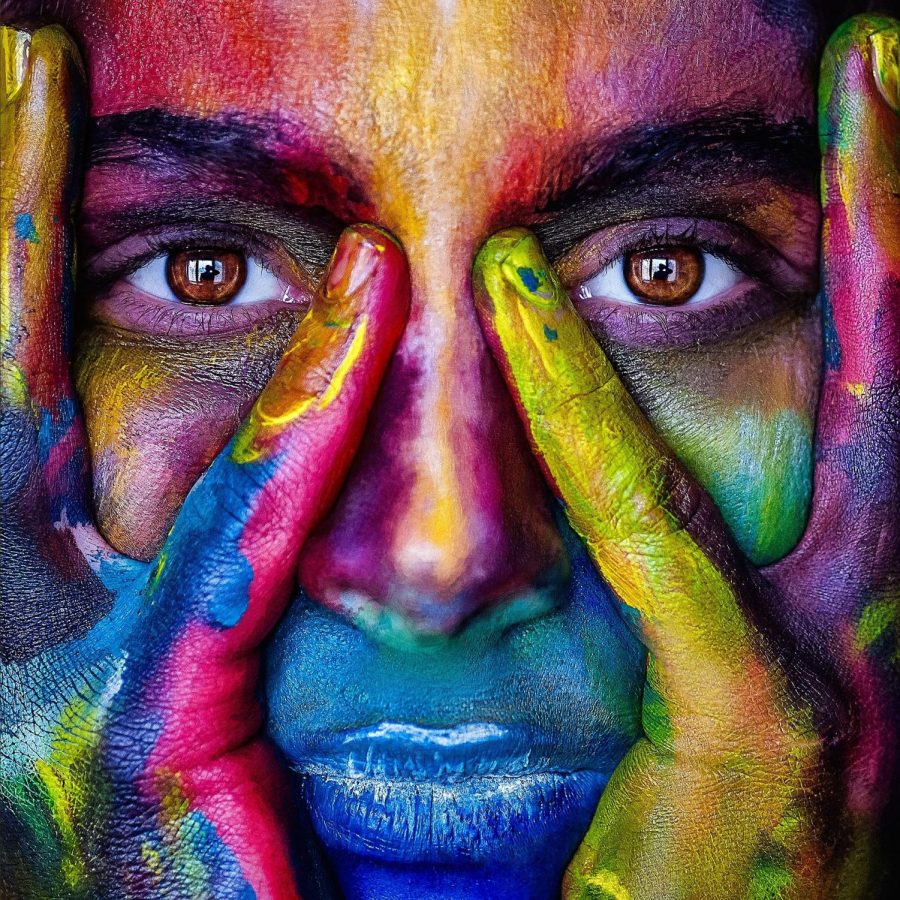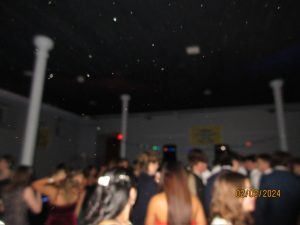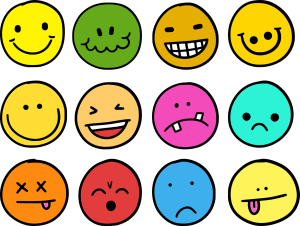Wonder Wo(man)
November 1, 2022
“You are a woman with a man inside watching a woman. You are your own voyeur.”
Margaret Atwood was able to sum up the negatives of the female experience in a mere two sentences– and apparently it was still not simplistic enough for society to change its ways. What she faced, and what all women will at one point or another come up against, is that women are often put into context for men. Look no further than the stereotypical getting-ready scene clearly catered to the male gaze. The ones where the girl takes a bubble bath with carefully placed fresh rose petals– from her garden, of course– and somehow, her wet hair makes her look like a mermaid instead of a wet rat. Even at their most vulnerable, women are commoditized for the male view. A majority of the time it is not because they have worked harder, or looked better, or were more respectful, but simply because they are missing an arrow at the end of their gender symbol.
It’s not a secret that the glamorous world of the silver screen favors men, the implicit sexism behind the etymology of the word “actress” is just one example. In this case, actor and director of “Charlie’s Angels,” Elizabeth Banks, pointed out the discrepancy between how men and women are represented in Hollywood, specifically in the superhero genre. “Charlie’s Angels,” despite having a budget of 55 million, only made 9 million at the box office on its opening weekend, and 73 million in total, as compared to “Wonder Woman”’s 822 million and “Captain Marvel”’s 1.128 billion. While “Wonder Woman” and “Captain Marvel” both have female protagonists and were directed by women, Banks makes the point that they exist in a male genre. “So even though those are movies about women, they put them in the context of feeding the larger comic book world… you’re watching a Wonder Woman movie but we’re setting up three other characters or we’re setting up ‘Justice League.’” World building in a cinematic universe like the Marvel or DC franchises is inevitable, but often male superhero movies have more of a focus on the character advertised– take Captain America or Batman, for example– with little plot development for secondary characters. Another point Banks brings up is the sheer saturation of superhero movies with male protagonists. “You’ve had 37 Spider-Man movies and you’re not complaining! I think women are allowed to have one or two action franchises every 17 years….”
Time and time again, female superheroes and the women who play them are diminished with every sexist interview they’re forced to endure. Whether it’s Anne Hathaway getting questioned solely on her weight loss for “Dark Knight Rises,” or Scarlett Johansen referring to her Marvel costar Robert Downey Jr. when she asks, “How come you get the really interesting existential questions, and I get the rabbit food question?” Johansen was even asked whether she was able to wear undergarments under the suit in a different interview. It is not hard to see how easily the blatant misogyny of the industry is forgiven. This issue stretches far beyond the movies, and is applicable to entertainment in its entirety. Female celebrities are constantly judged on which man they were seen with, are working with, or are rumored to have had a relationship with. Women perpetuate their own oppression as well, such as when Ellen put a random array of male celebrities on a screen and asked Taylor Swift personal questions, to which Swift responded, “Every time I come up here, you put a different dude on the screen, and it makes me really question what I stand for as a human being.” A different time, another female interviewer said to Swift, “You’re going to walk home with more than an award tonight, I think, lot’s of men.” It puts this higher value on the male species in terms of what women should strive for– that an accomplishment is nothing if a woman doesn’t have a man beside her.
The reason society turns a blind eye to this systemic gender bias– despite constantly preaching pop-culture feminism– is due to the fact that women have always had less credibility than men. This can be traced as far back as the women’s rights movement, which originally began radically feminist, with only women at protests even if there were men who supported the cause. The leaders of the movement quickly realized it wasn’t sustainable. Why? Because women weren’t considered worth listening to, unless they had a man to add validity behind what they were saying. In modern times, true feminism is put on the back burner not because there are more important issues, but because it’s not taken as seriously. With all the distractions society imposes on women– internalized misogyny, beauty stereotypes, double standards– the most important thing to remember is that it is one’s own choice to stop being the perceived, and become the perceiver.

